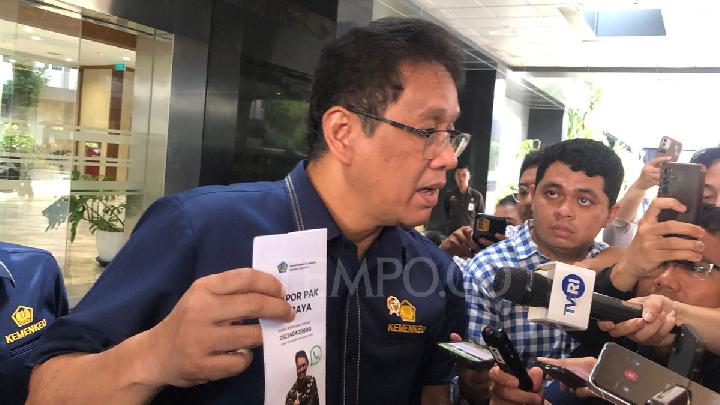TEMPO.CO, Jakarta - The Indonesia-European Union Comprehensive Economic Partnership Agreement (IEU-CEPA) is slated for signing today, September 23, 2025, in Bali. This agreement marks a significant milestone in economic relations between the two parties.
Coordinating Minister for Economic Affairs, Airlangga Hartarto, is scheduled to host a working visit from the European Commission's Commissioner for Trade and Economic Security, Maros Sefcovic, from Tuesday, September 22, to Wednesday, September 23, 2025. The primary purpose of the visit is the formal announcement and signing of the IEU-CEPA, which has now reached substantial completion.
The signing ceremony will be witnessed by ambassadors from EU member states and representatives from the private sector. "After nine years of negotiations, under the leadership of President Prabowo Subianto, the IEU-CEPA agreement has finally reached an agreement," said Haryo Limanseto, spokesperson for the Coordinating Ministry for Economic Affairs, in a written statement on Tuesday.
Haryo emphasized that this achievement is more than just a milestone in economic relations. He stated that the successful completion of the agreement also affirms Indonesia's success in opening up significant opportunities for more fair, equal, and sustainable cooperation.
The EU is currently Indonesia's fifth-largest trading partner, with trade values showing a positive trend. In 2024, the total trade reached US$30.1 billion, with Indonesia recording a trade surplus of US$4.5 billion, an increase from the US$2.5 billion surplus in 2023.
Since negotiations began in July 2016, a total of 19 official rounds and several intersessional meetings have been held to advance the IEU-CEPA agreement. According to Haryo, the finalization of this agreement reflects Indonesia's economic diplomacy consistency and resilience in advocating national interests, as well as opening up broader opportunities for market access, increased investment, and strengthening the competitiveness of strategic sectors.
"The IEU-CEPA agreement also marks an important milestone in building a more inclusive, sustainable, and mutually beneficial economic cooperation for both parties," he added.
The agreement is expected to open up export markets for Indonesian products to all 27 EU member countries. A key provision is the significant elimination of import tariffs, with 80% of Indonesia's exports to the EU set to receive a 0% tariff. Key commodities that will benefit from this more equitable preferential treatment include labor-intensive products like footwear, textiles, and garments, as well as palm oil, fisheries, and goods from the renewable energy and electric vehicle sectors.
Haryo anticipates that through this partnership, bilateral trade between Indonesia and the EU could double over the next five years. "Through this cooperation, Indonesia is expected to further assert its active role in sustainable global trade," Haryo stated.
Previously, Minister Airlangga noted that the IEU-CEPA has the potential to increase Indonesia's exports to the EU by two and a half times. "We hope that Indonesia's trade with the EU will increase by 2.5 times. If it's currently around US$30 billion, maybe we hope it will rise to US$60 billion in the next five years," he said in Jakarta on Wednesday, September 17, 2025, as quoted by Antara.
He highlighted that without a trade agreement, Indonesia's total exports to Europe have been lower than those of Vietnam, which are nearly double Indonesia's. "With the signing on 23 (September 2025), IEU-CEPA means that 80 percent of Indonesia's products to Europe have a 0 percent tariff," he explained.
Airlangga further stated that the signing of the IEU-CEPA would strengthen Indonesia's position in global trade, especially following Indonesia's recent victory in a World Trade Organization (WTO) lawsuit concerning countervailing duties on palm oil-based biodiesel products. "This victory shows that our trade diplomacy (Indonesia) is currently very strong," said Airlangga.
Although the agreement will be signed, it will not take effect immediately. The IEU-CEPA must first undergo a ratification process in the parliaments of all 27 EU member states.
Djatmiko Bris Witjaksono, Director-General of International Trade Negotiations at the Ministry of Trade, previously explained that Indonesia's ratification process is relatively swift, taking about one to two months. However, the process within the EU can be lengthier, potentially taking 10 to 12 months, as it involves both national administrative and legislative stages.
The next stage in Indonesia is the drafting and ratification of laws by the House of Representatives (DPR RI), estimated for the second to fourth quarters of 2026. If all goes as planned, Djatmiko stated, the full implementation of IEU-CEPA is targeted to begin in the first quarter of 2027.
Editor's Choice: Danantara CEO Confirms Oracle's Investment Plans in Indonesia
Click here to get the latest news updates from Tempo on Google News

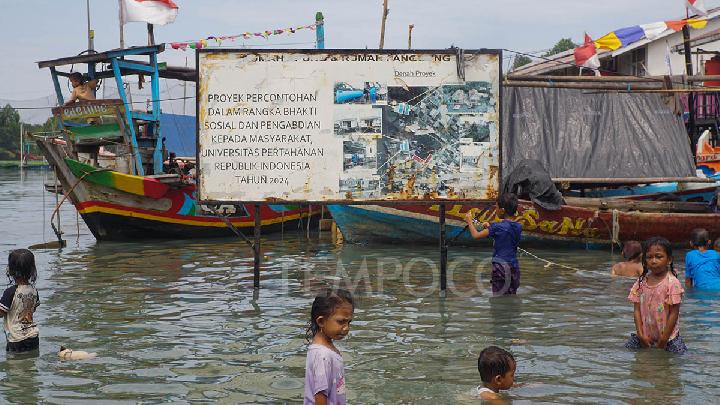
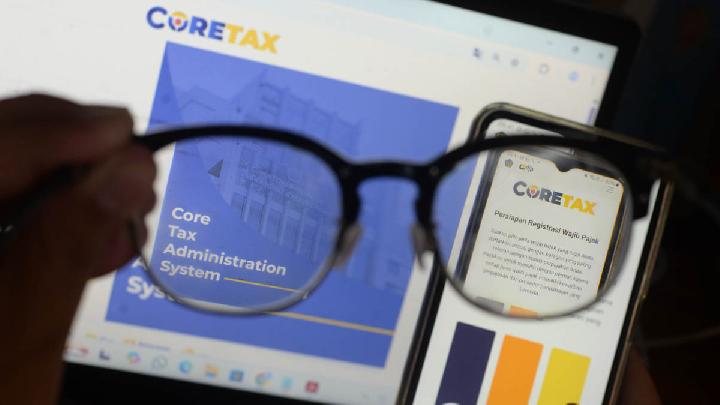

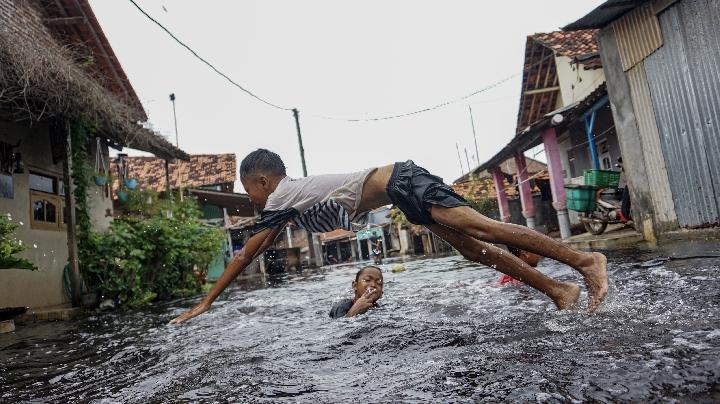

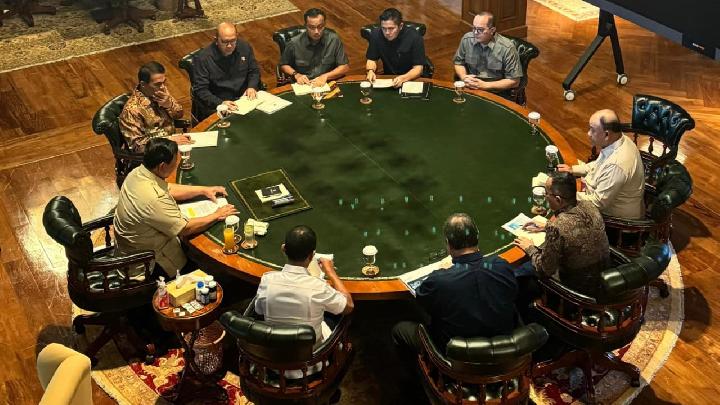


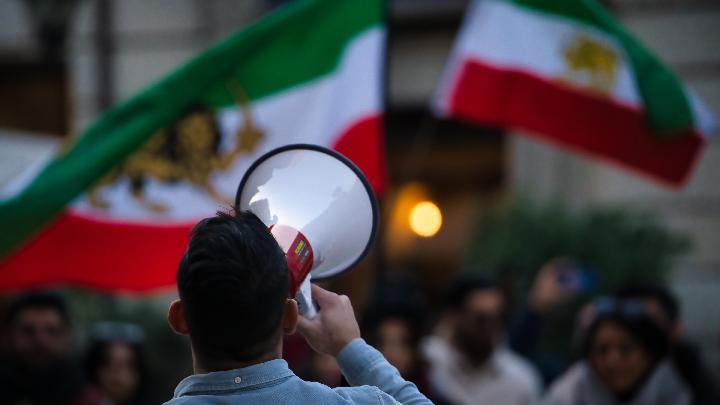

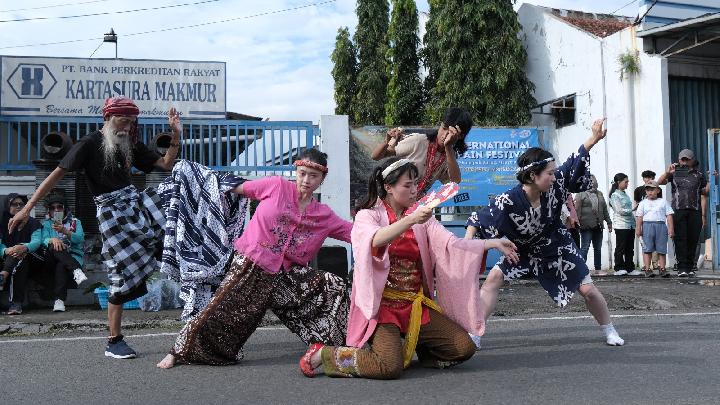
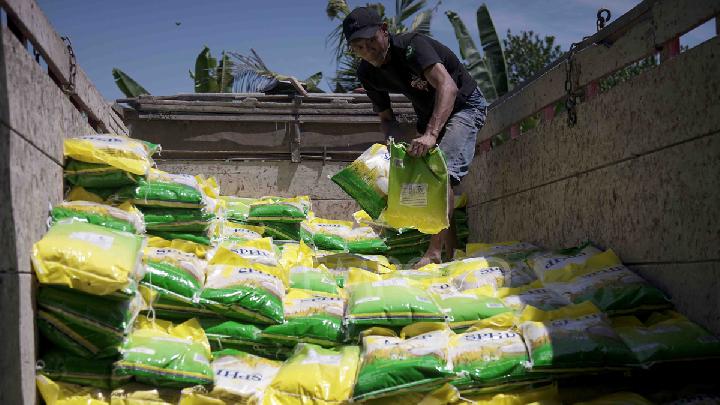
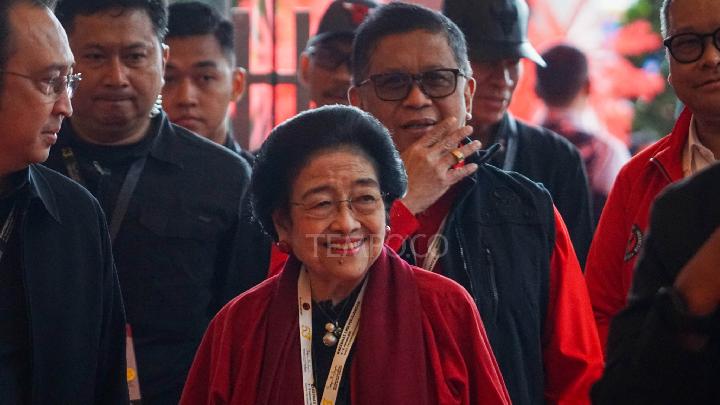


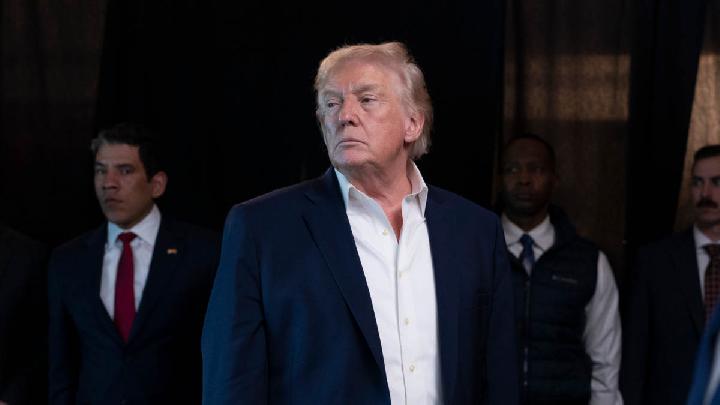
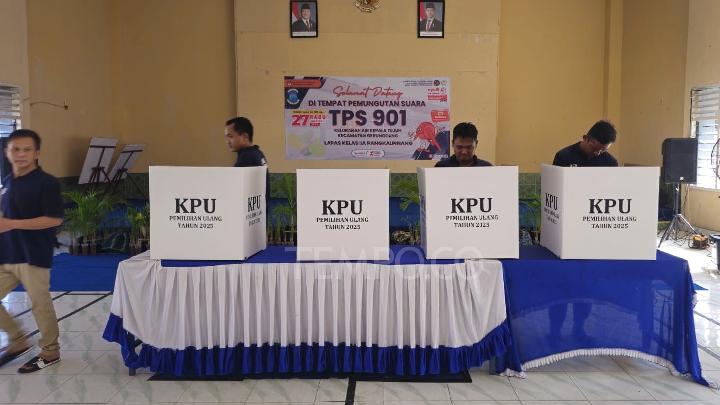











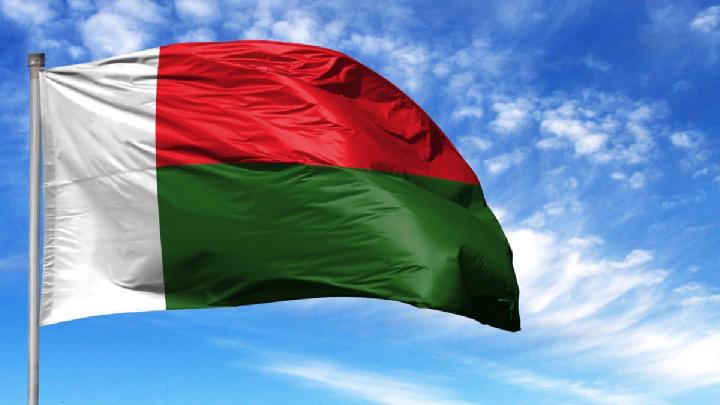

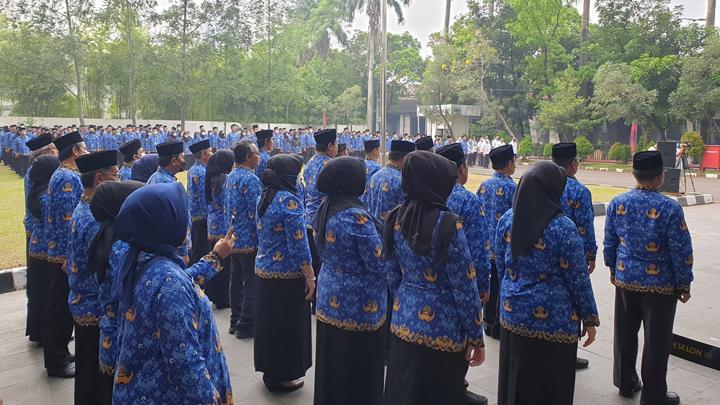
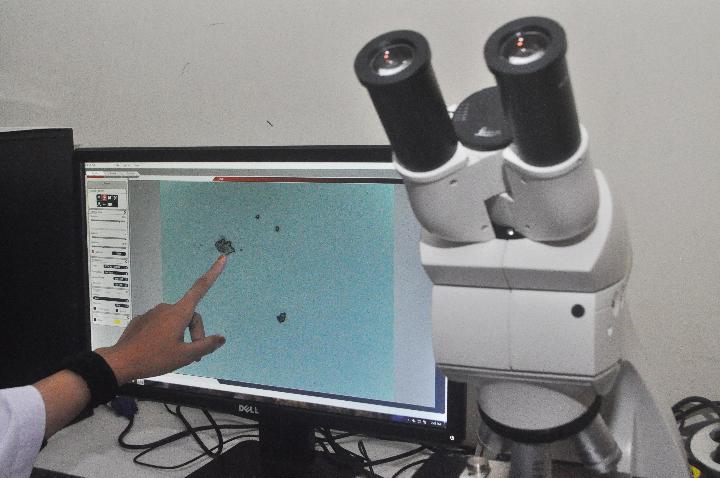
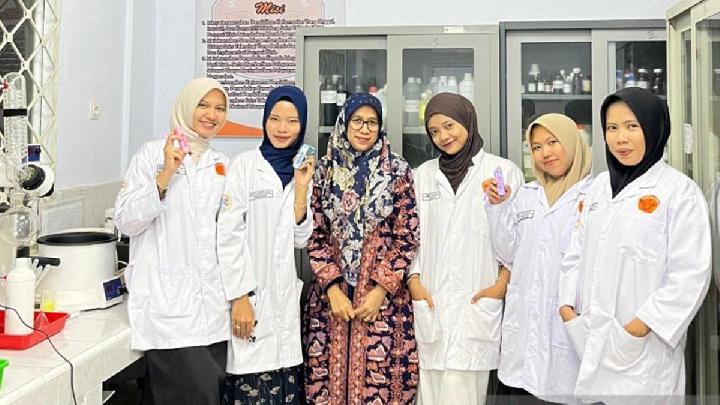


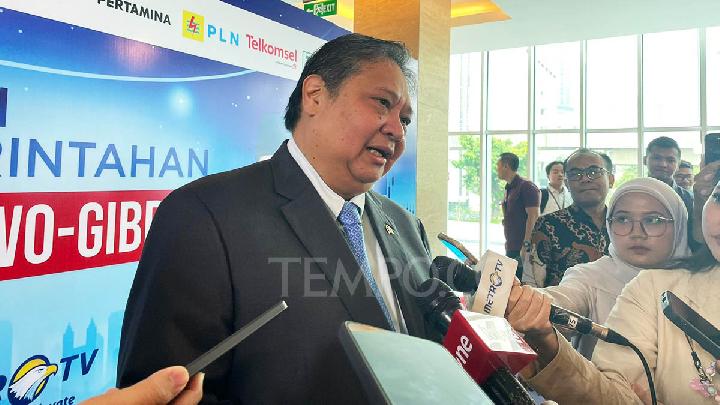
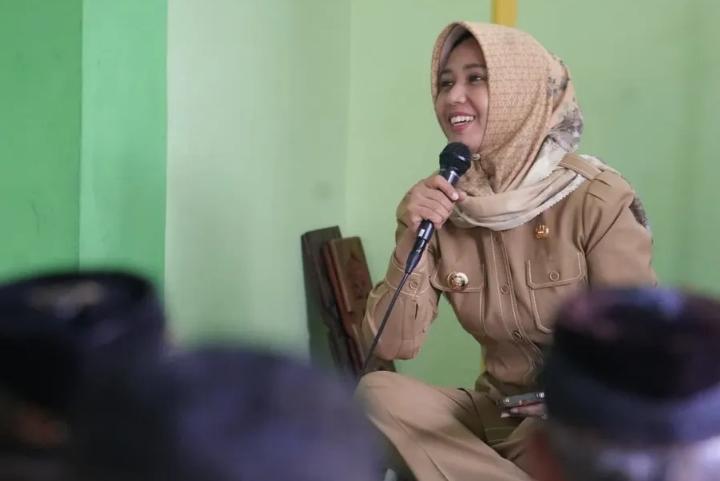

:strip_icc():format(jpeg)/kly-media-production/medias/5316291/original/015050100_1755231247-5.jpg)



